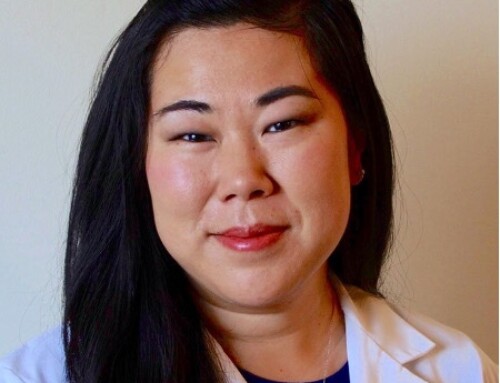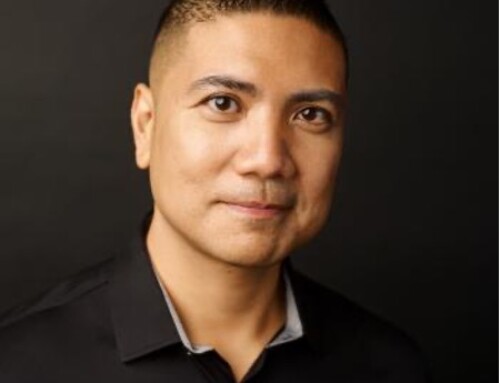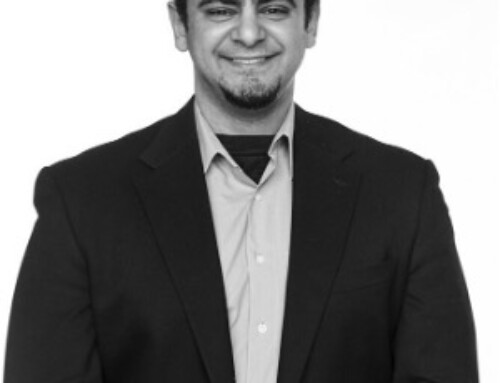Professor Simon Carley’s (@EMManchester) many roles and titles would not fit in the title of this post, and so I mentioned the St. Emlyn’s blog because this was how I first learned of Simon and his passionate dedication for education. As the co-creator of the St. Emlyn’s blog and podcast, Simon worked with a team of amazing contributors teaching about EM, critical care, and medical education. Fun fact: Simon starred in a Trick of the Trade video on Ring Removal on ALiEM that thus far has >1.8 million views! He has been incredibly successful in two contrasting careers – the worlds of online education and academia. He has published over 100 academic papers and serves as the Associate Editor for the Emergency Medicine Journal. How does he juggle his time? Does he have 25 hours in a day? Simon shared with us his trade secrets.
 Name: Simon Carley
Name: Simon Carley- Location: Manchester, England & St.Emlyn’s in Virchester
- Current job(s):
Professor of Emergency Medicine; Director of Postgraduate Education in a major UK teaching hospital; Education Associate at General Medical Council; Co-creator MSc in Emergency medicine; BestBets; St.Emlyn’s podcast, virtual hospital, and blog - One word that best describes how you work: Compartmentalised
- Current mobile device: Apple iPhone 6 and iPad mini
- Current computer: iMac 27”, MacBookPro 15”, MacBookAir 15’’, Dell PC
What’s your office workspace setup like?
I can work wherever and whenever I like, to be honest, as cloud computing, mobile devices, and 4G telecoms mean that I can access pretty much anything I want, when I want, where I want. My fixed places are in my office at home and in my hospital office. The home set up is an iMac and MacBookPro and/or MacBookAir. I often have 2 machines running at the same time in some quasi dual screen mode.
I’ve got a Rode Podcaster microphone (awesome) at home on a boom/shock mount combo which works really well. I also have a Blue Yeti microphone which I use for group recordings.
At work I use the standard NHS issue Dell PC but I’ve added a second screen to give a dual display. This has made a huge difference and I’d strongly recommend this if you can do it. There are loads of spare monitors knocking about and the extra lead to give me the second screen cost a fiver. Money well spent.
What’s your best time-saving tip in the office or home?
I have a lot of jobs, roles, and responsibilities, and it can be tough to maintain focus on what I am supposed to be doing at any one time. This is where compartmentalization comes in. I try and ensure that when I sit down to complete a task, I have the time, focus, and tools to do it in the most efficient way I can. In other words I don’t start something unless I know I have the time and kit to complete it. So, I may put off writing a paper for days or even weeks until I know that I will have the environment and time to give it my full attention. I find this essential for complex tasks and it makes me far more efficient than trying to do a bit of something on multiple occasions.
Define your task, predict what you need, build the environment, get the tools, predict the time required, then do it.
What’s your best time-saving tip regarding email management?
I get roughly 200 emails a day, so I have to be really ruthless with them. At the end of any day I will be down to fewer than 20 in the inbox. This takes some discipline but basically goes like this.
- Never open your email box unless you have time to deal with it.
- If you can speak to someone instead of sending an email. Speak to them. Long email trails are a waste of time. If you think something needs a discussion then discuss it with that incredible invention called the human voice.
- Auto delete/move the routine emails that come through every day. Daily reports are rarely required reading so move them before you see them. You an always go find them later if you need to.
- Be ruthless about unsubscribing to and where possible blocking spam.
- NEVER allow work emails to download on your personal phone. I need ‘clear water’ between work and home to maintain my sanity.
- I turned off all the auto alerts on my devices so that I answer emails when I want and not when the device beeps at me (auto alerts are the devil’s own development).
- When going on holiday put the following message on your out of office assistant:
‘I am on holiday until **/**/****. Your email has been automatically deleted. If the matter is important then please contact me after this date. If the matter cannot wait please contact ******** in the interim’.
This has a dramatic effect on email quantity and makes coming back from holiday a much more pleasant experience. It is also a salutary lesson that the world does not stop when you are not there.
What’s your best time-saving tip in the ED?
My top tip is to try and be nice to everyone. Your patients and colleagues will make your life so much easier, and therefore efficient if they want to help you get things done. The grumpy doc gets no help so the grumpy doc gets little done and becomes even grumpier. You can’t work in isolation in the ED, and the more people willing and able to help you the better life will be for everyone concerned.
NOTE – This is a tip from experience. I have been known to fail in this area (haven’t we all), so can vouch for the validity of this tip from both perspectives!
ED charting: Macros or no macros?
What’s a macro? Is it a type of pen? I like pens as all our charting is done on paper. I use LAMY pens as I like the feel in my hand. I frequently use coloured inks to annoy people and to prove to them that green ink does photocopy regardless of what the departmental policy states…
What’s the best advice you’ve ever received about work, life, or being efficient?
I still remember the advice I was given by a medical director as I was qualifying as a consultant. He was also an emergency physician who talked about ensuring that you spend time on long term as well as short term goals. He also spoke about the importance of allowing colleagues to support you and of permitting them to be creative as a means of becoming more efficient.
In terms of process vs. outcome this means that when I task people I ask them to deliver the outcome, rather than micromanage the task processes. This is much more time efficient for me and I often find that they develop their own systems which are better than your original idea. For example, I recently tasked someone to develop, deliver, and monitor a process for managing trainees in difficulty. They came back with something much better than I would have created myself.
The people around me are incredibly important to how I work. I am incredibly lucky to have a PA (Janet) who is amazing at organizing my work life, diary, and generally keeping track of where I am supposed to be when and why. She holds my diary, and we have an unwritten agreement about what sort of people have open access to my time, who needs vetting before getting an appointment, and who is just going to get a redirection. She ensures that my workload has balance and that I don’t overcommit between my work and my home/family commitments. She’s amazing, so my best advice is to get a Janet.
I recently listened to Scott Weingart’s getting things done podcast and I think this should be required listening for everyone embarking on an EM/Academic career.
Lastly, doctors usually think they can do everything. They can’t and it is far more time-efficient to go an ask an expert how to do something than to work it out for yourself. If you need help with a task (e.g. web design, spreadsheets, budgets, appraisal, etc.), ask for help.
Only a fool learns from their own mistakes,
a wise (wo)man learns from the mistakes of others.
Is there anything else you’d like to add that might be interesting to readers?
I think it’s incredibly easy to spend all your time and energy dealing with issues that are urgent and important without ever finding the time to manage those that are less urgent, but which in the long term will lead to far greater efficiency and job satisfaction. I try to ensure that every day I deal with something in the important but not urgent box. Unless you consciously address this, you can end up spending all your time in the present, nothing changes, and you become despondent.
If I have an incredibly busy time with lots of competing tasks and a real difficulty in getting myself knuckled down to delivery, I paradoxically go for a bike ride or run (I have more bikes than shoes), or play music. I need the time out to clear my head, clarify my thoughts, and to see the bigger picture. Whether you meditate, exercise, or do something else that allows freedom of thought and time out it is essential that you can generate periods of time to just let worries settle, see the bigger picture and then return with purpose to finish the task.
It must be said that none of my achievements would be possible without the support of Fiona. She is a similarly busy Consultant Ophthalmologist and without her help, flexibility, and understanding, none of the above would work. One must never neglect your hobbies or family in pursuit of workplace progression.
Who would you love for us to track down to answer these same questions?
- Lee Wallis (Prof of Emergency Medicine in Cape Town, SA)
- Karel Habig (Clinical Lead for Sydney HEMS, Australia)
- Rick Body (Senior Lecturer and Consultant in Manchester, England)





